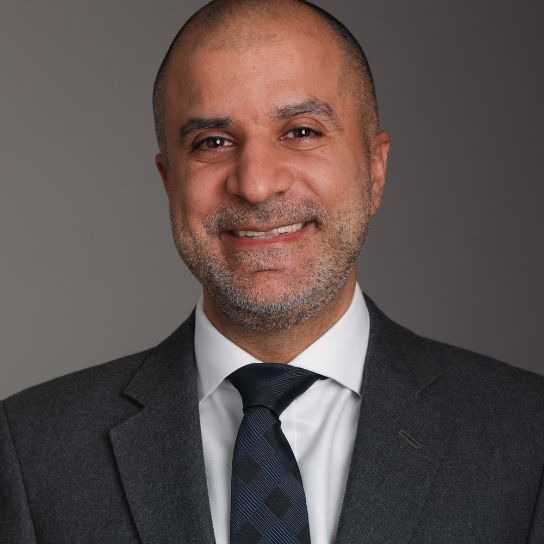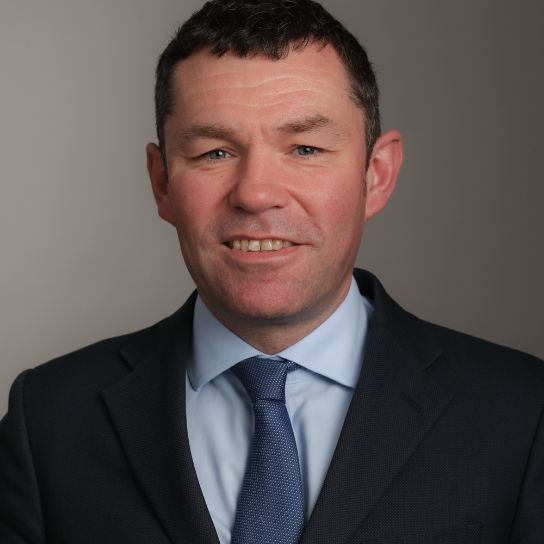This update provides an overview of key developments which have occurred in Iran during the past month and highlights areas of future interest. In particular, the update covers notable developments in the political arena and key economic sectors.
Political developments
US announces complete withdrawal from nuclear deal
On 8 May US President Donald Trump announced that the US will completely withdraw from the Joint Comprehensive Plan of Action (JCPOA). The President's announcement states that all pre-JCPOA nuclear-related sanctions will be re-imposed (both primary and secondary) and indicates that the US may impose new and additional sanctions in the future, going beyond the already highly restrictive sanctions regime which preceded the JCPOA. Our full bulletin regarding the US withdrawal can be accessed here.
Iran responds to US withdrawal from JCPOA
President Hassan Rouhani said that Iran would remain in the deal, but also announced that he had "ordered the Atomic Energy Organisation of Iran to be ready for action if needed" so that Iran can resume its enrichment on an industrial level without any limitations. The Trump administration has stated that it is open to negotiating another deal, but it is not clear whether the other parties, or Iran, would accept this.
France, Germany and UK release statement responding to US withdrawal from JCPOA
The leaders of France, Germany and the United Kingdom released a joint statement emphasising their continued commitment to the JCPOA following President Trump's decision to withdraw the US from the agreement. The statement urged the US to ensure that the structures of the JCPOA can remain intact, and to avoid taking action which obstructs its full implementation by all other parties to the deal.
Israel accuses Iran of lying about nuclear weapons programme
Israeli Prime Minister Benjamin Netanyahu announced on 30 April 2018 that he had evidence of a secret Iranian nuclear weapons programme. While the evidence that Mr Netanyahu presented was criticised by intelligence experts for relating to the period before the 2015 Iran nuclear deal was signed, US Secretary of State Mike Pompeo said that the information showed that Iran's leaders had lied to their people. In response, the Iranian foreign ministry said that Mr Netanyahu's allegations were "worn-out, useless and shameful" and that the documents were a rehash of old allegations already dealt with by the UN's nuclear watchdog, the International Atomic Energy Agency.
Israeli military claim Iranian drone was on mission to attack Israel
The remnants of a drone launched from a Syrian airbase and shot down by Israeli combat helicopters in February 2018 have been analysed by the Israeli military who claim that the drone was 'tasked to attack'. According to the 'flight path analysis' and 'intelligence-based investigation' undertaken by the Israeli military, the drone was loaded with explosives and bound for Israel. Iran's deputy foreign minister refused to confirm that Iran had sent the drone into Israel when interviewed by the BBC in February, and instead suggested that the drone belonged to the Syrian army.
US probing Huawei for possible Iran sanctions violations
the US Justice Department in New York has been investigating Chinese technology company Huawei for allegedly violating US export and sanctions laws by shipping US origin products to Iran and other countries. Huawai could face a ban on the sale of American technologies such as the ban the US government imposed on ZTE for similar export violations.
Developments in key economic sectors
Finance
Iranian government sets new official Iranian rial rate against the US dollar
Following the unprecedented devaluation of the Iranian rial over the past months, the Iranian government announced on 9 April 2018, with immediate effect, a new exchange rate regime with exchange controls intended to stabilise the Iranian economy. The new exchange rate is to be set by the Central Bank of Iran and has initially been set at 42,000 Iranian rials to the US dollar. The Iranian rial has recently hit record lows against the US dollar, with the value dropping by 10,000 Iranian rials against the US dollar in the last two weeks. These changes are designed to centralise foreign currency exchange within the banking system and enhance monitoring and control of the exchange market by the Central Bank of Iran. Previously, there was a dual exchange rate system within Iran that had a substantial delta between the rates. The previous rates used within Iran were the exchange rate used by traders – 60,000 Iranian rials to the US dollar – and the official rate – previously 38,000 Iranian rials to the US dollar. The Iranian government has promised severe punishments for anyone found exchanging Iranian rials at another rate as they look to criminalise foreign currency transactions other than through permitted channels. Iran's first Vice-President Eshaq Jahangiri publicly announced that any other rate would not be recognised, and "anyone trading at any other rate would be considered a smuggler".
Cryptocurrency project on track
According to Iran's Information and Technology Minister, Javad Azari-Jahromi, Iran's experimental local cryptocurrency is on track despite the central bank banning trading in digital currencies including bitcoin. Jahromi was quoted by the state news agency IRNA as saying that the Central Bank's ban "does not mean the prohibition or restriction of the use of the digital currency in domestic development".
Oil and Gas
Bid invite for Iran-Oman Gas Pipeline due this month
According to a statement from Omani Oil Minister Mohammed Bin Hamad Al Rumhy, Oman is planning to invite bids for the construction of the proposed Iran-Oman gas pipeline later this month. This follows an announcement from Iranian Oil Minister Bijan Namdar Zangeneh in April that Iran and Oman are close to finalising an agreement for the project.
Russian official indicates possible $50billion investment in Iran
According to an official in the Russian presidency quoted in local media, Russian energy companies Rosneft, Gazprom, Gazprom Neft, Lukoil, Zarubezhneft and Tatneft are "systematically working on development fields in Iran".
Other
Chinese firm signs railway deal with Iran – China's Sinomach Heavy Industry Corporation has signed a contract with Iran's Road and Transport Ministry to upgrade the Tehran-Hamedan-Sanandaj railway line. The line extends for 470km and is expected to relieve transport pressure in Iran's western region. According to Chinese media, the project will require investment of $840million over four years, but reports did not specify how the investment will be split between the Iranian government and the Chinese contractor.
Iran's judiciary bans messaging app Telegram
Iranian state television announced on 30 April that the popular instant messaging app Telegram, which had an estimated 40 million users in Iran, would be banned with immediate effect. According to local media, the court order said that Iran's security had been threatened by Telegram as it had been used to mobilise many anti-government protests. Iranian officials are instead encouraging the use of an alternative, domestic app called Soroush.
What others say about us

Key contacts

Andrew Cannon
Partner, Co-Head, Public International Law Practice, Deputy Head, Global Arbitration Practice, London
Legal Notice
The contents of this publication are for reference purposes only and may not be current as at the date of accessing this publication. They do not constitute legal advice and should not be relied upon as such. Specific legal advice about your specific circumstances should always be sought separately before taking any action based on this publication.
© Herbert Smith Freehills 2024




